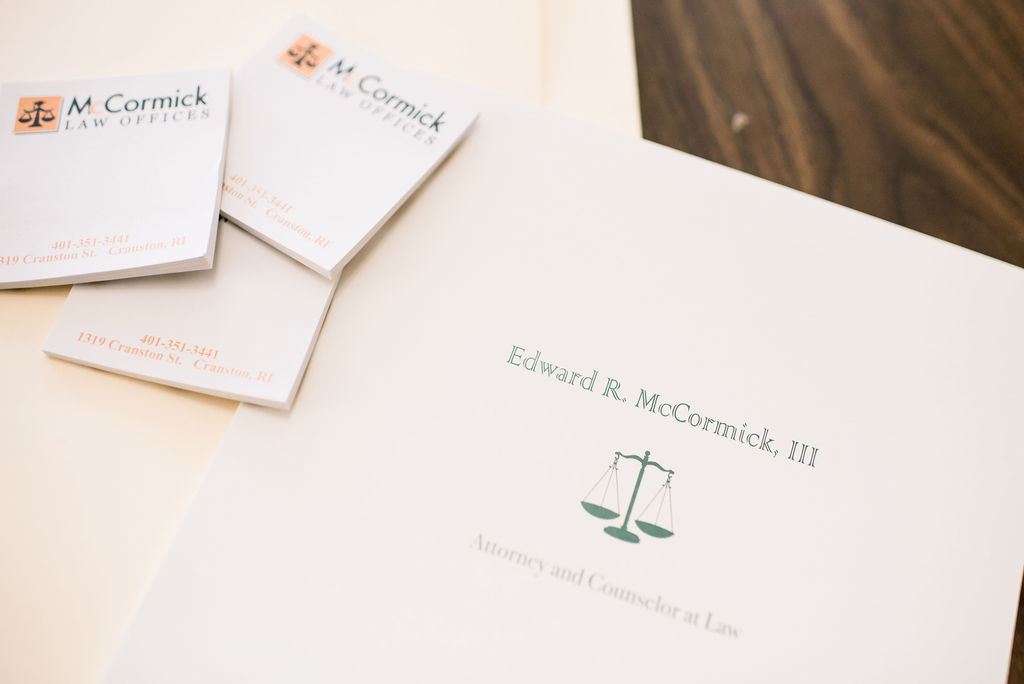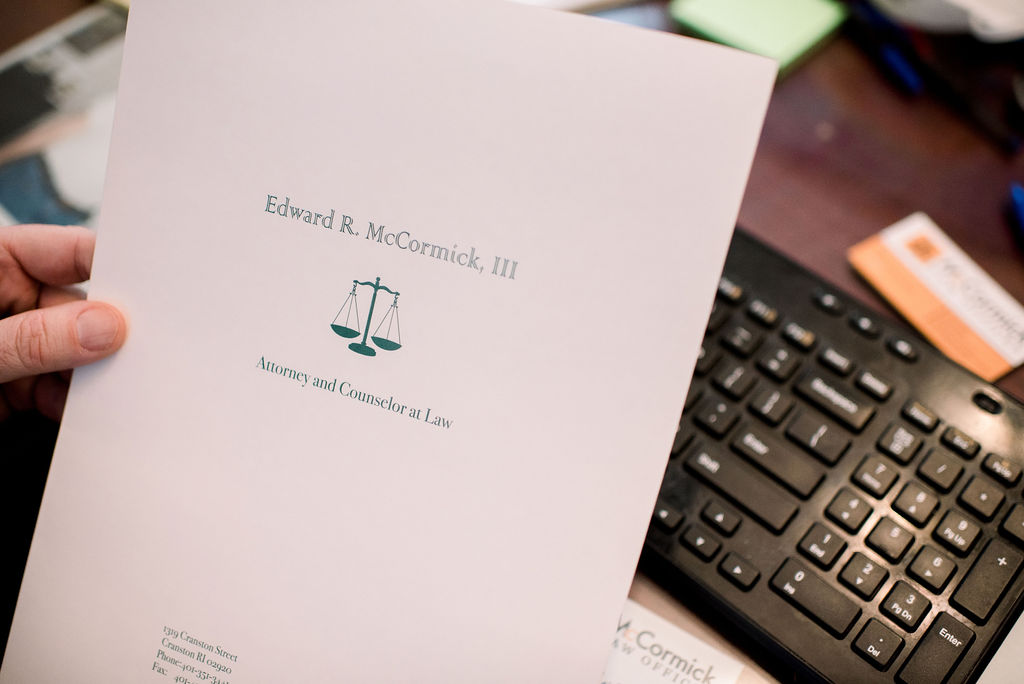If you’re starting a business in Rhode Island, choosing the right structure is one of the first—and most important—decisions you’ll make. The two most common options for small businesses are LLCs and sole proprietorships. Understanding the differences between LLC vs. sole proprietorship in Rhode Island can help you protect your assets, minimize taxes, and grow your business with confidence.
What Is a Sole Proprietorship?
A sole proprietorship is the simplest form of business structure. It refers to an unincorporated business owned and operated by one individual.
Pros:
- Easy and inexpensive to start
- Minimal paperwork
- Owner has complete control
- Business income reported on personal tax return
Cons:
- No liability protection—your personal assets are at risk
- Harder to raise capital
- Limited business credibility
What Is an LLC?
A Limited Liability Company (LLC) is a legal entity separate from its owners (members) that offers liability protection and flexible management.
Pros:
- Personal liability protection
- Pass-through taxation (avoids double taxation)
- Can have one or more owners
- Enhanced credibility with banks and clients
Cons:
- Requires state filing and fees
- More complex paperwork than a sole proprietorship
- Must follow operating guidelines
Key Differences Between LLC and Sole Proprietorship
| Feature | Sole Proprietorship | LLC |
|---|---|---|
| Liability Protection | None | Yes |
| Formation | No formal filing | Must file with the RI Secretary of State |
| Taxes | Personal income tax | Pass-through, or elect corporate tax |
| Ownership | One owner | One or more members |
| Credibility | Lower | Higher |
| Cost to Start | Minimal | ~$150 filing fee + annual reports |
When to Choose a Sole Proprietorship
A sole proprietorship might be right if:
- You’re testing a business idea
- You operate with minimal risk
- You want to avoid legal paperwork
- You work as a freelancer or solo consultant
But be aware: you are personally liable for any debts, lawsuits, or obligations.
When to Choose an LLC
An LLC is a smart choice if:
- You want to protect your personal assets
- You plan to hire employees
- You’re investing in equipment or inventory
- You want flexibility in how you’re taxed
- You want to build long-term credibility and growth
Forming an LLC shows you’re serious—and protects you legally.
How to Form an LLC in Rhode Island
- Choose a business name and confirm availability
- File Articles of Organization with the RI Secretary of State
- Appoint a registered agent
- Draft an operating agreement
- Obtain an EIN from the IRS
- File annual reports and pay renewal fees
An attorney can assist with every step to ensure compliance.
Related Reading
Final Thoughts
Choosing between LLC vs. sole proprietorship in Rhode Island depends on your goals, risk tolerance, and growth plans. While a sole proprietorship is simple and quick, an LLC offers crucial protection and flexibility. If you’re unsure, working with a knowledgeable attorney can ensure you’re making the best decision for your future.
Starting a business in Rhode Island?
Contact McCormick Law Offices for guidance on choosing the right business structure and setting up your company the right way.







